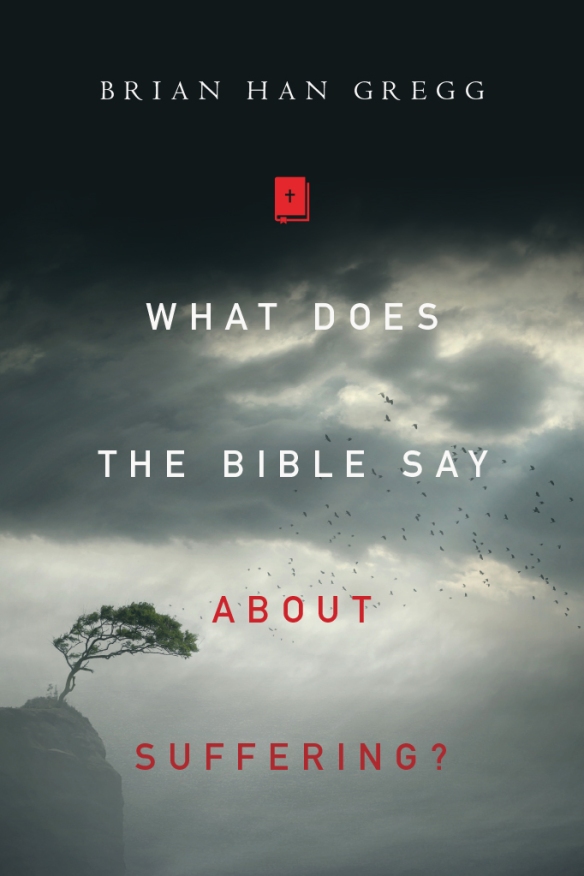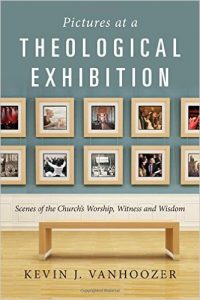 The problem of pain and suffering is one of the more vexing – and universally experienced – mysteries in the Christian life. It’s an important subject that should always be approached with gentleness and respect. Thankfully, Brian Han Gregg, who teaches biblical studies at the University of Sioux Falls, manages to faithfully embody both of these traits in his new book, What Does the Bible Say About Suffering?. Gregg thinks that believers trying to make sense of suffering should do so in deep conversation with Scripture. After all, he writes, “Christians are people of the Word. We are convinced that God has disclosed important truths to us through the Scripture.”1pp.13-14.
The problem of pain and suffering is one of the more vexing – and universally experienced – mysteries in the Christian life. It’s an important subject that should always be approached with gentleness and respect. Thankfully, Brian Han Gregg, who teaches biblical studies at the University of Sioux Falls, manages to faithfully embody both of these traits in his new book, What Does the Bible Say About Suffering?. Gregg thinks that believers trying to make sense of suffering should do so in deep conversation with Scripture. After all, he writes, “Christians are people of the Word. We are convinced that God has disclosed important truths to us through the Scripture.”1pp.13-14.
Therefore, it only makes sense that followers of Jesus should turn to the poems, narratives, and letters of Scripture to help understand the world’s brokenness and brutality. Despite wholeheartedly agreeing that Christians should seek out the Bible for its wisdom, he differs with those who think that Scripture contains a single, straightforward explanation to the problem of suffering. For Gregg, “The Bible includes a number of different approaches [to suffering]… and we do ourselves and the Bible a great disservice by adopting a one-size-fits-all approach.”2p.14.
References
| 1. | ↑ | pp.13-14. |
| 2. | ↑ | p.14. |

